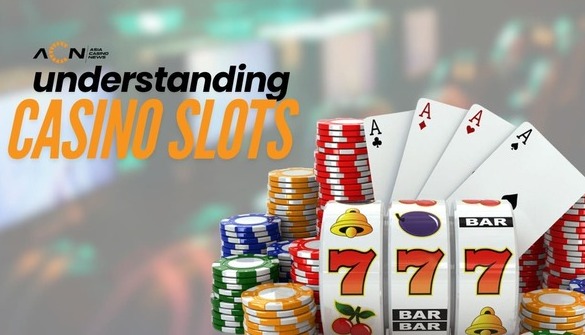
How to Play and Win in Casino Slots
Understanding Slots: The Basics
Slots are among the most popular casino games globally, whether in land-based casinos or online platforms. Few casino games can match the allure of spinning reels, vibrant graphics, and the chance to win big. With their easy-to-understand gameplay and diverse themes, it’s no wonder that slots have become a favorite for players across the globe.
Whether you’re a beginner trying out classic slots or a seasoned player chasing progressive jackpots, there’s a slot game for everyone. In this article, we’ll dive into everything you need to know about slot games, from classic machines to the latest video slots, giving you all the tips, tricks, and insights to maximize your fun—and your winnings.
What are slots?
Slots are casino games which use spinning reels with symbols, matching symbols along paylines to win prizes. Slots are among the oldest casino games, dating back to 1894, and operated mechanically with brakes, sensors, and levers.
Now, slots are operated digitally, with the reel outcomes dictated through random number generation. Depending on the combination of symbols, players can win varying amounts of money or bonus features.
THE OBJECTIVE
The main goal for slots is to spin the reels and land winning combinations of symbols along the paylines to earn prizes. Players aim to match specific symbols or trigger bonus features that can lead to larger payouts. While the primary focus is on winning, many players also enjoy the entertainment value, themes, and graphics of the games, making the overall experience engaging and enjoyable.
TERMS YOU NEED TO KNOW IN SLOTS
Here are the most common terms in slots:
Bonus Round
A special game mode within the slot that offers additional chances to win, often triggered by specific combinations or symbols.
Hit frequency
How often a winning combination occurs.
Jackpot
The maximum prize a player can win, often associated with a specific combination of symbols or hitting a bonus feature.
Payline
A line that determines winning combinations. Players win by landing matching symbols along these lines.
Reel
A vertical section that spins and displays symbols. Most slot machines have three or five reels.
RNG (Random Number Generator)
A software which generates a sequence of numbers at high speed (thousands or even millions per second), with each number corresponding to a possible outcome on the slot machine reels.
RTP (Return to Player)
A percentage that indicates how much of the total wagered amount is expected to be paid back to players over time. For example, an RTP of 95% means that, on average, players will get back $95 for every $100 wagered.Spin: The action of starting the reels to see what symbols land and whether a player wins.
Wild
A symbol that can substitute for other symbols (except for scatters) to help create winning combinations.
Basic Components:
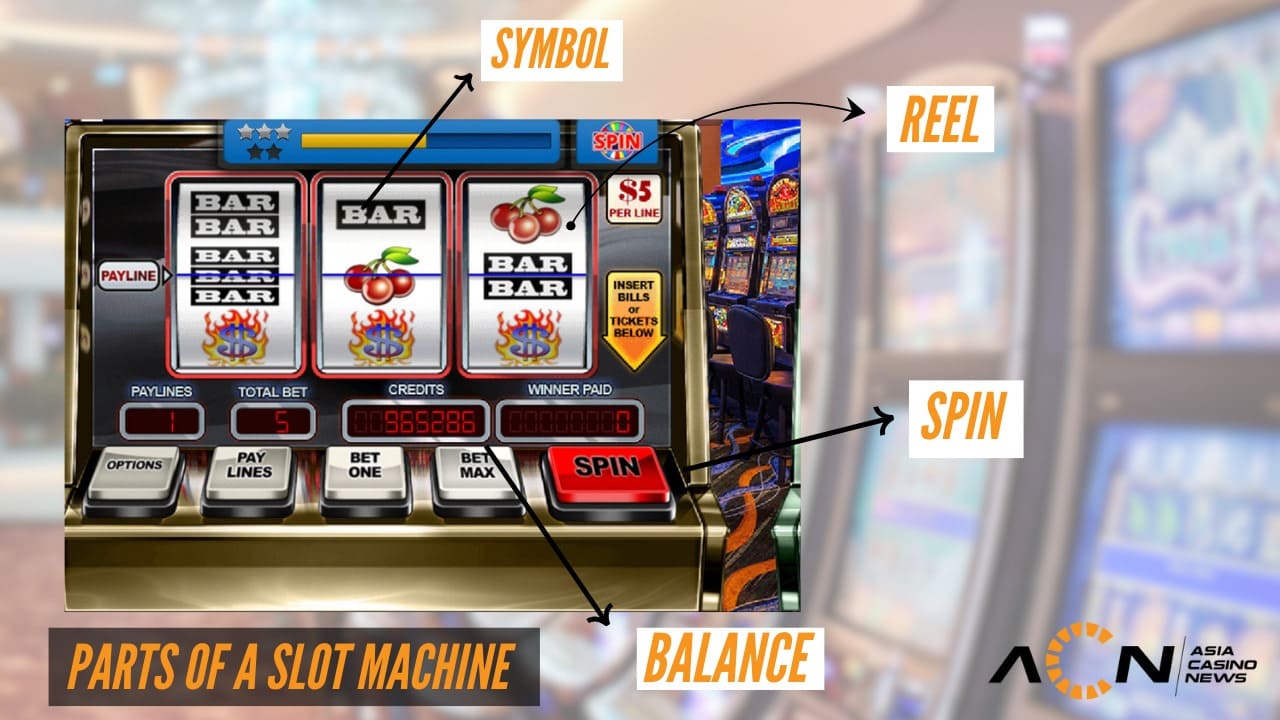
Before you hit that button, it’s important to look at the symbols of every slot game.
Here are some of their basic components:
Reels
Vertical sections that spin with symbols.
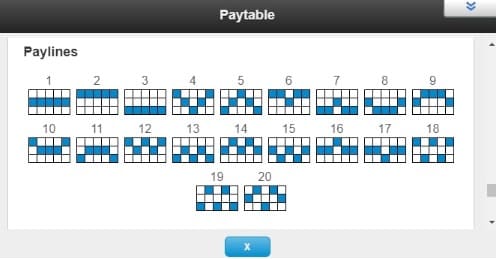
Paylines
A payline is a pattern on the reels that determines winning combinations. Slot machines can have anywhere from a single payline to hundreds of them, depending on the game. Paylines can be horizontal, vertical, diagonal, or even zig-zag across the reels.
Modern video slots often feature adjustable paylines, where you can choose how many lines you want to bet on. The more paylines you activate, the higher your chances of hitting a winning combination, but it will also increase your bet per spin.
Probabilities
The likelihood of a specific outcome occurring in a slot machine game. The probability of winning on a slot machine is determined by the Random Number Generator (RNG) and the number of symbols and reels in the game. The RNG ensures that every spin is independent, so there’s no way to predict when a win will occur. The more reels and symbols a slot machine has, the harder it is to hit winning combinations, but this is balanced by the fact that larger slot games often offer bigger payouts.
A slot with a high hit frequency will pay out more frequently, but often smaller amounts, while a low hit frequency means fewer wins but potentially larger payouts.
Symbols
Images or icons on the reels, such as fruits, numbers, or themed graphics. Sometimes, some symbols can have different traits, such as wild symbols (substitutes for other symbols to create winning combos) and scatter symbols (trigger bonus rounds or free spins regardless of their position.)
Spin Button
Button that starts the spinning of the reels. Once pressed, it activates the Random Number Generator (RNG), which determines the outcome of the spin by selecting a random combination of symbols.
HOW TO PLAY SLOTS
Here’s a step-by-step guide on how to play slot games, whether at a physical casino or online:
Step 1: Choose a Slot Game
Decide on a physical slot machine or choose an online slot game based on your interests (themes, features, payouts). Familiarize yourself with the game’s paytable, which shows symbol values, paylines, and special features.
Step 2: Set Your Budget
Decide how much money you are willing to spend on the game. Plan your betting amounts – this could be a fixed amount per spin or adjusting based on your bankroll.
Step 3: Insert Coins or Credits
If playing in a casino, insert cash, tokens, or use a player’s card to load credits onto the machine. If online, log into your casino account and ensure you have funds available to play.
Step 4: Select Bet Amount and Paylines
Use the machine’s buttons or online interface to set your desired bet amount and select the number of paylines you want to activate. Be aware of the minimum and maximum bet limits for the game.
Step 5: Press the Spin Button and observe the reels
Click the spin button or pull the lever (if using a physical machine) to initiate the spin. Watch the reels spin and come to a stop to reveal the outcome.
Step 6: Check for Wins
After the reels stop, check if you’ve landed any winning combinations based on the paytable. The machine or game will automatically credit your account with any winnings.
Step 7: Utilize Bonus Features (if applicable)
If you trigger any bonus features or free spins, follow the instructions to play them.Take advantage of wild symbols to enhance your chances of winning.
Step 8: Continue Playing or Cash Out
After a spin or a series of spins, decide if you want to keep playing or if you’ve reached your budget limit. If you choose to stop, press the cash-out button (physical machine) or follow the withdrawal process (online) to collect your winnings.
Picking your slot game
Several types of slot games are sprawled across land-based and online casinos. Here are some of the most common types, each with unique characteristics that appeal to different types of players.
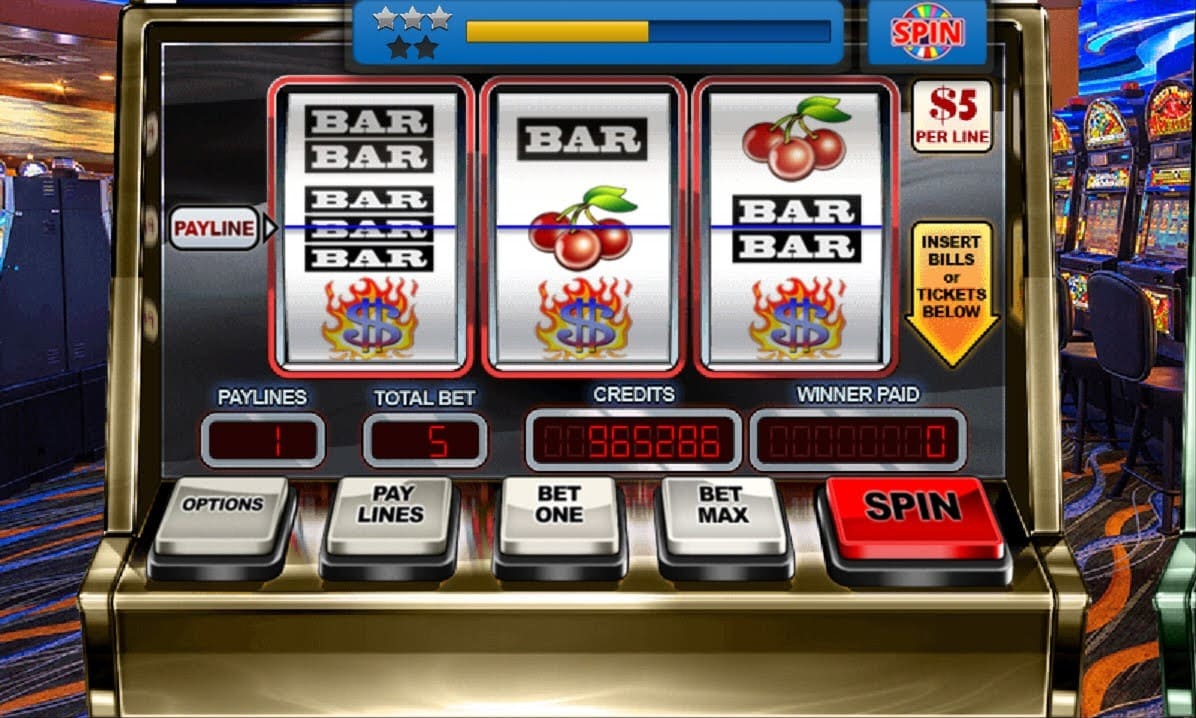
a. Traditional/Classic Slots
Traditional or classic slots feature 3 reels and fewer paylines, often resembling older, mechanical slot machines. These are simpler and perfect for beginners who want a basic slot experience. Traditional slot machines usually feature no more than three reels, with one to five paylines, and are adorned with classic symbols such as bells, cherries, and 7s on the reels, unlike their more modern versions.
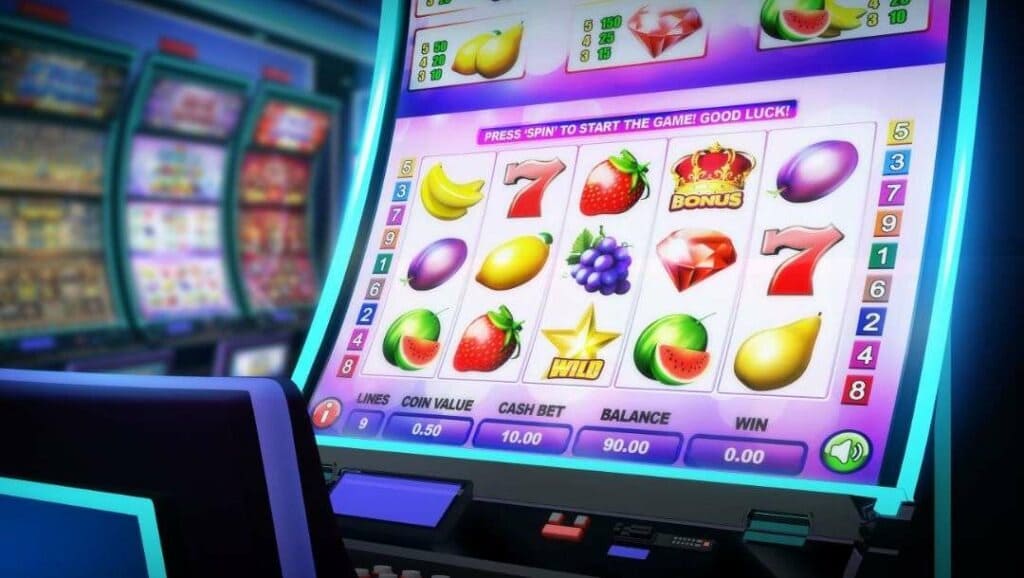
b. Video Slots
Video slots are the most popular online slots, featuring 5 or more reels, multiple paylines, and interactive graphics. Modern slot variations are dynamic, feature-rich games. They introduce new symbols associated with unique features, as well as different reel configurations such as expanding and cascading reels, all complemented by impressive graphics to keep players engaged and entertained.
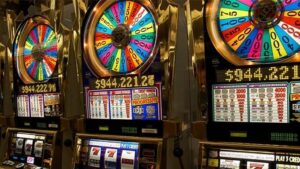
c. Progressive Slots
Progressive slots have a jackpot that grows each time someone plays but doesn’t win. A small percentage of each bet contributes to the jackpot, which can become enormous over time. These games are appealing because they offer the potential for life-changing payouts.
d. Branded Slots

Branded slots are games created in partnership with movies, TV shows, or celebrities. These slots use characters, music, and other elements from popular culture to create a familiar and entertaining experience.
Understanding the frequency and numbers in slots
Understanding how slot machines work and the numbers behind them can enhance your gameplay. The outcome of each spin is determined by a Random Number Generator (RNG). This technology ensures that each spin is independent, fair, and unpredictable.
Random Number Generator (RNG)
An RNG is a computer algorithm that generates random numbers, corresponding to the symbols on the reels. When you press the spin button, the RNG determines the position of the reels, and thus, whether you win or lose. This ensures fairness in every game, meaning there’s no pattern or cycle that players can exploit.
Return to Player (RTP)
RTP is a percentage that represents how much money a slot machine pays back to players over time.
For example, a slot with an RTP of 95% will return 95% of the total wagered amount to players over the long term. This does not mean you will get back 95% of your bets in a single session, but it gives an idea of how generous a slot is over time.

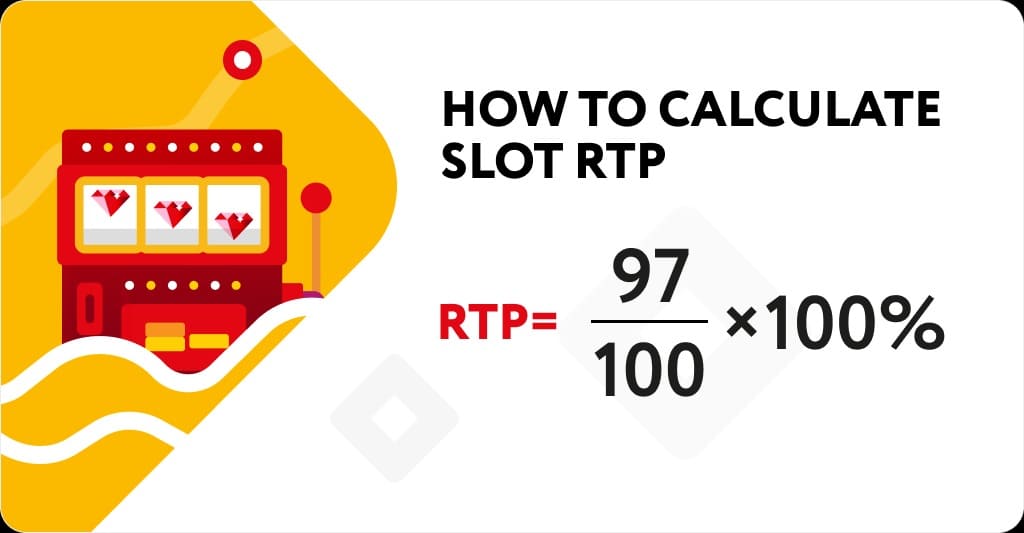
Volatility (Variance)
Volatility in slot machines refers to the level of risk associated with playing a particular game, indicating how frequently and how much a player can expect to win. It can be categorized into three main types: low, medium, and high volatility.
Low Volatility
Provide frequent, smaller wins. Players may experience regular payouts, making these slots suitable for those who prefer longer play sessions and less risk.
Medium Volatility: Medium volatility in slot machines refers to games that offer a balanced combination of moderate payout frequency and size, providing players with a mix of regular smaller wins and occasional larger payouts.
High Volatility
High volatility slots are characterized by infrequent but potentially large wins. Players might go through longer losing streaks before hitting a significant jackpot. These games are suited for thrill-seekers willing to take risks for the chance of substantial rewards.
SLOT STRATEGIES AND TIPS ON HOW TO INCREASE CHANCES OF WINNING
While slot machines are games of chance, there are some strategies and tips you can follow to improve your experience and potentially increase your chances of winning.
Choose the Right Slot
Before playing, consider the RTP and volatility of a slot. If you prefer frequent wins, go for a low-volatility slot. If you’re after big payouts and can handle longer stretches without wins, high-volatility slots may be for you.
Set a Budget
Setting and sticking to a budget while playing slot machines is essential for responsible gambling. It helps mitigate the risk of financial strain, promotes a healthier gambling experience, and allows you to enjoy the thrill of the game without the stress of overspending.
Take Advantage of Bonuses
Utilizing bonuses effectively can provide a substantial advantage in your gambling experience, allowing you to play longer and explore more games. By understanding the types of bonuses available, reading the terms and conditions, and employing strategic management of your bankroll, you can maximize your potential for winnings while ensuring a fun and responsible gambling experience.
Play Progressive Jackpots Carefully
Progressive slots offer the chance for huge payouts, but they usually require max bets to be eligible for the jackpot. If you’re going for the jackpot, be sure to play at the max bet.
The Fibonacci betting strategy is a popular method used by some players in various gambling games, including slots. It is based on the famous Fibonacci sequence, a mathematical pattern where each number is the sum of the two preceding ones. The sequence starts with 0 and 1, and the Fibonacci series looks like this: 0, 1, 1, 2, 3, 5, 8, 13, 21, 34, and so on.
Fibonacci sequence in slots
In the Fibonacci strategy, players increase their bets following the Fibonacci sequence after each loss. When they win, they move back two steps in the sequence for their next bet.
Starting Point:
Decide on a base bet (for example, P100).
Losing Bets: If you lose, you move to the next number in the sequence (bet P100, then P100, then P200, then P300, etc.).
Winning Bets: When you win, you move back two numbers in the sequence (if you were betting P300 and won, your next bet would go back to P200).
Example of Betting Sequence:
- Suppose you start with a P100 bet:
– Bet P100 → Lose
– Bet P100 → Lose
– Bet P200 → Lose
– Bet P300 → Lose
– Bet P500 → Win
– Next bet would be P200 (back two steps).
While the Fibonacci strategy can add an element of structure to your betting approach in slot games, it’s essential to remember that slots are ultimately games of chance. No betting system can guarantee success, and responsible gambling practices should always be prioritized. Players should only bet what they can afford to lose and be aware that strategies like Fibonacci are more about managing bets rather than changing the game’s odds.
FAQs about Slots
What are Slot Games?
Slot games are a type of casino game that feature spinning reels with various symbols. To win, players must match symbols along specific paylines.
How Do Slot Machines Work?
Slot machines rely on a random number generator (RNG) to determine the result of each spin, with players winning by matching symbols on paylines. The process is mathematically driven, where specific sets of numbers are selected to produce either a winning or losing outcome.
What Are Paylines and How Do They Affect Wins?
Paylines are the specific lines where matching symbols must land for a win. They can be straight or zigzag across the reels. Modern video slots often have multiple paylines, increasing the chances of a win. More paylines usually mean higher chances of hitting a combination, but the cost per spin increases if the player bets on all lines.
What is RTP and How Does It Affect My Game?
RTP stands for Return to Player and represents the percentage of total money wagered that the slot will pay back to players over time. For example, if a slot has an RTP of 96%, it means that, on average, for every P100 wagered, P96 may be returned to players. It’s important to note that this is theoretical, and short-term results may vary greatly.
What’s the Difference Between Progressive and Fixed Jackpots?
A progressive jackpot grows each time the game is played but not won, often pooling across multiple machines or casinos. These jackpots can become very large. A fixed jackpot, on the other hand, has a set prize amount, which does not change regardless of how many players have played the game.
Is Slots a game of skill?
Slot games rely solely on luck, and the outcomes are determined by a Random Number Generator, which puts up random results. While players can choose how much to bet and which paylines to activate, these choices do not impact the likelihood of winning. Unlike games like poker or blackjack, where skill and decision-making can affect the outcome, slot games are more luck-based.
Can I Improve My Chances of Winning on Slot Machines?
Slot outcomes are entirely random due to the RNG. However, choosing games with higher RTPs, sticking to a budget, and managing time effectively can enhance your overall experience and help you play responsibly.
Read related article: How to Play and Win in Scatter Slots
Other Interesting Articles
 Macau’s Illegal Gaming Law Takes Effect Oct 29, 2024
Macau’s Illegal Gaming Law Takes Effect Oct 29, 2024









